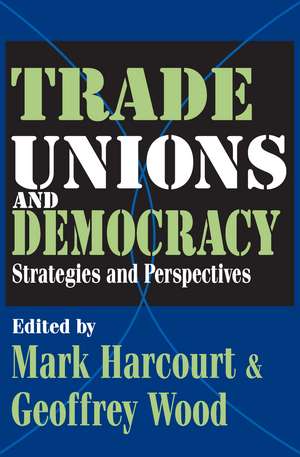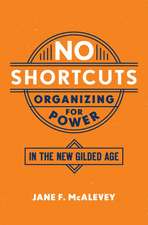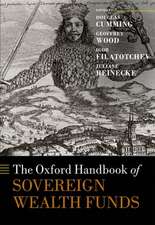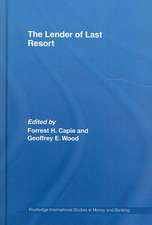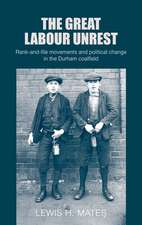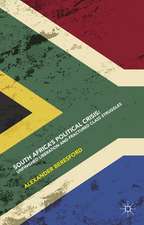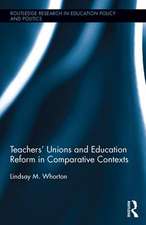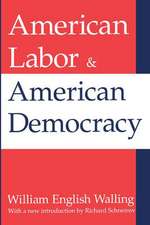Trade Unions and Democracy: Strategies and Perspectives
Autor Geoffrey Wooden Limba Engleză Paperback – 3 ian 2006
| Toate formatele și edițiile | Preț | Express |
|---|---|---|
| Paperback (1) | 472.63 lei 43-57 zile | |
| Taylor & Francis – 3 ian 2006 | 472.63 lei 43-57 zile | |
| Hardback (1) | 1000.27 lei 43-57 zile | |
| Taylor & Francis – noi 2017 | 1000.27 lei 43-57 zile |
Preț: 472.63 lei
Nou
Puncte Express: 709
Preț estimativ în valută:
90.47€ • 98.30$ • 76.04£
90.47€ • 98.30$ • 76.04£
Carte tipărită la comandă
Livrare economică 21 aprilie-05 mai
Preluare comenzi: 021 569.72.76
Specificații
ISBN-13: 9781412805711
ISBN-10: 1412805716
Pagini: 432
Ilustrații: 1
Dimensiuni: 152 x 229 x 23 mm
Greutate: 1 kg
Ediția:1
Editura: Taylor & Francis
Colecția Routledge
Locul publicării:Oxford, United Kingdom
ISBN-10: 1412805716
Pagini: 432
Ilustrații: 1
Dimensiuni: 152 x 229 x 23 mm
Greutate: 1 kg
Ediția:1
Editura: Taylor & Francis
Colecția Routledge
Locul publicării:Oxford, United Kingdom
Cuprins
1: Introduction – trade unions and democracy: possibilities and contradictions; 2: Trade unions and theories of democracy; 3: Neo-liberal reforms and accords: are they compatible with democracy?; 4: Trade unions and democracy: can the ‘third way’ recast the link?; 5: Trade unions and non-standard employment; 6: New forms of work and the representational gap: a Durban case study; 7: The changing impact and strength of the labour movement in advanced societies; 8: The US and Canadian labour movements: markets vs. states and societies; 9: The rise and fall of the organizing model in the US; 10: Union growth and reversal in newly industrialized countries: the case of South Korea and peripheral workers; 11: The rise of unions in semi-industrialized countries: the cases of South Africa and Zimbabwe; 12: Social movement unionism; 13: Trade unions and political parties; 14: Trade union democracy: the dynamics of different forms; 15: Trade unions, social partnerships and national business systems; 16: Engagement or disengangement? Unions and a new politics; 17: Conclusion: broadening democracy and the labour movement
Descriere
Trade Unions and Democracy explores the role of trade unions as products of, and agents for, democracy
